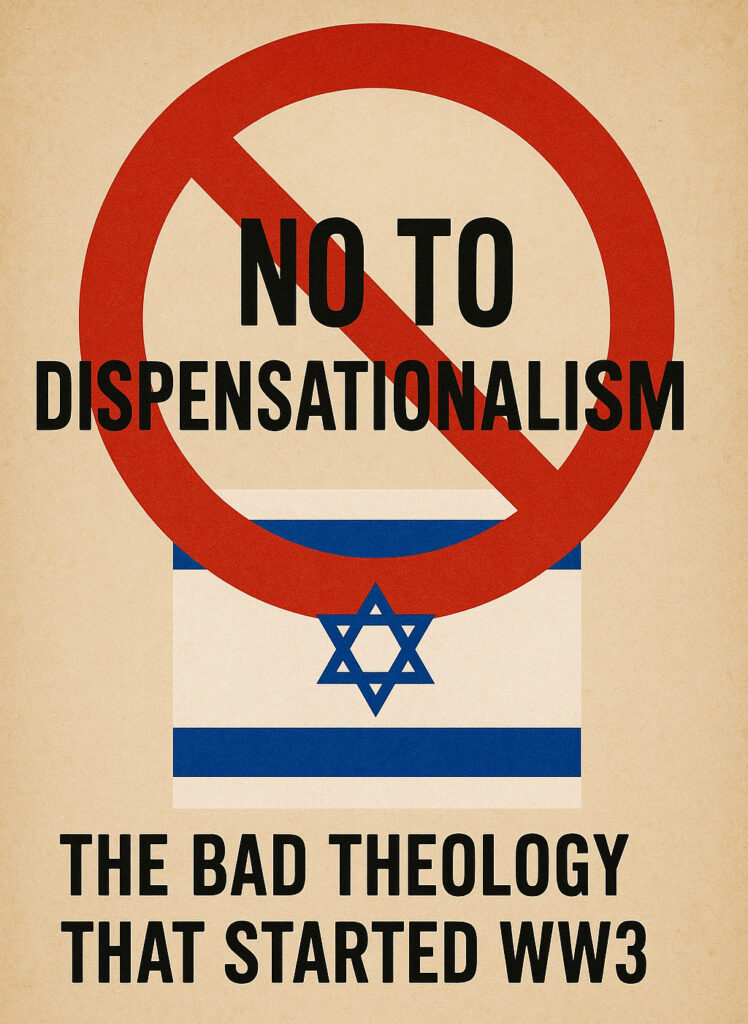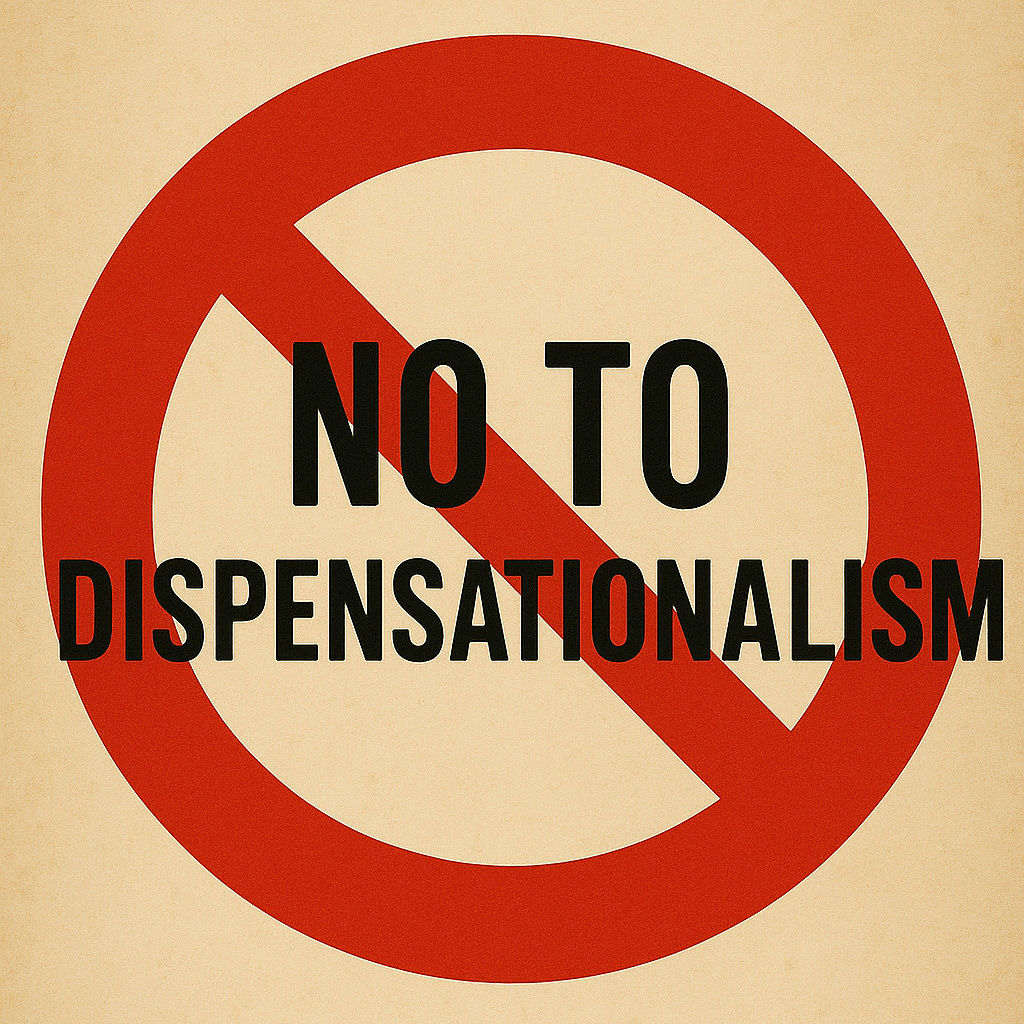Dispensationalism is Heresy
Dispensationalism is a theological system that, at its core, teaches God deals with people differently across various “dispensations” of history. It is a dangerous heresy that undermines the Christian hope and leads millions to spiritual destruction. It has infiltrated popular Christianity, especially in its teachings on the end times, and must be rejected by all true believers.
“Presbyterian minister John Wick Bowman reportedly called the Scofield Bible (the original Dispensationalist handbook) ‘the most dangerous heresy currently found within Christian circles.”
The Root of Misguided Wars
At the heart of dispensationalism lies the idea that the current nation of Israel has a unique, privileged role in God’s plan, and this belief has caused untold harm. Many Christians, influenced by dispensational theology, support endless wars involving Israel, mistakenly believing that their own blessing and safety depend on this support. They are led to believe that God will reward them for backing Israel, even at the cost of global peace.
This faulty theology hinges on the idea that Israel (the current 1948 version, not the OT diaspora) is at the center of God’s eternal plan, distorting Scripture to promote a political agenda that sees endless conflict as a prelude to God’s return. The notion that Christians must support Israel, no matter the cost, is rooted in the belief that such actions will bring blessings. However, this is a gross misinterpretation of Scripture and has led to divisive foreign policies, military interventions, and a false sense of divine favor.

The Impact on the Church and the World
Dispensationalism teaches that the Church is a temporary “Plan B,” and that God’s ultimate focus is on a physical, restored Israel. This view not only disregards the unity of Jew and Gentile in Christ (as Paul teaches in Romans 11) but also turns the Kingdom of God into a geographic, political entity instead of the global, spiritual reign of Jesus in the hearts of His people.
By focusing on political Israel and misinterpreting the end times, dispensationalism encourages Christians to believe that supporting Israel’s every action—no matter how controversial or violent—will bring about divine favor. This has led to the Western Church becoming passive in its evangelistic mission, resigned to waiting for the Rapture instead of actively bringing the Kingdom of God to Earth.
Conclusion: A Call to Rejection
Dispensationalism not only distorts the gospel but also fuels the engine of endless wars in the name of misplaced prophecy. By perpetuating the idea that God’s favor rests on political Israel, it has led many Christians to support violent conflicts, thinking they will be blessed for doing so. We must reject this heresy and return to a biblical understanding of God’s Kingdom: one that transcends political borders, unites all people in Christ, and calls us to be peacemakers, not warmongers. Let us stand firm in the truth of the gospel and pray for peace, for all people, and for the true redemption of creation through Christ.
